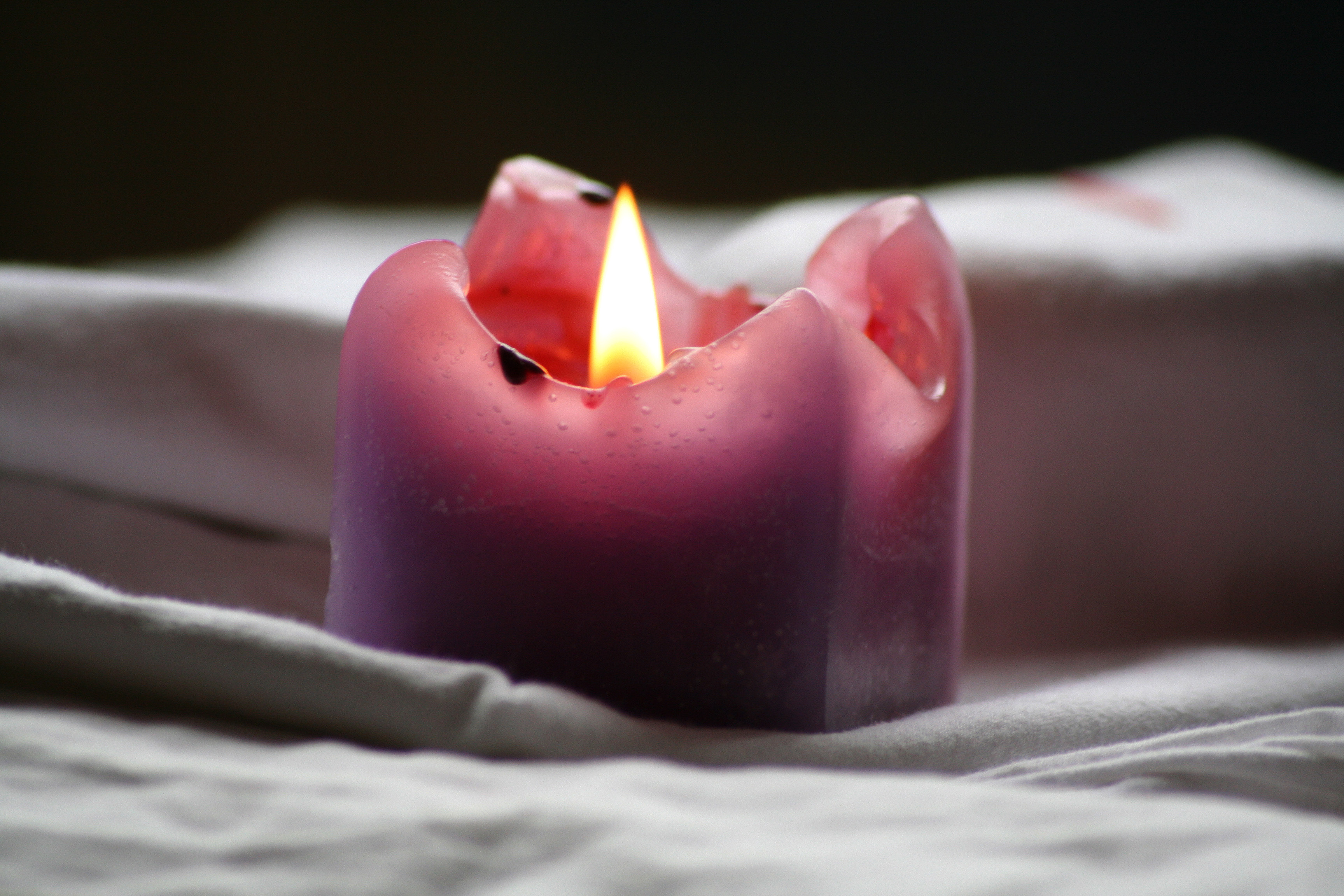
MONDAY, Sept. 26 (HealthDay News) — Coffee lovers, take heart: Women who drink four or more cups of caffeinated coffee daily seem to have a lower risk of depression than those who don’t drink java or stop at one cup a day, a new study suggests.
Although it’s way too early to start recommending regular coffee consumption as a way to prevent depression, the findings may comfort those who feel guilty about their habit.
“This may lessen concerns that caffeine consumption will have a negative impact,” said Dr. Christopher Cargile, an associate professor of psychiatry and behavioral science at Texas A&M Health Science Center College of Medicine. “Caffeine at high doses has long been associated with worsening of anxiety and other psychiatric illness, and at times this has lead to lingering concerns that it might be best to limit its use.”
Cargile was not involved with the study, which appears in the Sept. 26 issue of the Archives of Internal Medicine.
The lion’s share of caffeine in the world — 80 percent — is consumed in the form of coffee and caffeine is already the most widely used central nervous system stimulant in the world.
Researchers have probed caffeine’s effect on heart health, markers of inflammation and cancer (generally the effects are benign or even positive), but there’s been relatively little research into its effects on mood.
What little research has been done has generally found a salubrious effect, with more coffee decreasing depressive symptoms and even being associated with a lower risk of suicide.
“Caffeine has short-term positive effects on mood, subjective feelings of having more energy and being more awake in the short term,” said study senior author Dr. Alberto Ascherio, who is a professor of epidemiology and nutrition at Harvard School of Public Health in Boston.
It seemed natural “to see whether long-term coffee consumption associated with a lower risk of developing depression,” he added.
These authors tracked almost 51,000 women, averaging age 63, who were participating in the Nurses’ Health Study. None of the women reported being depressed at the beginning of the study and none were on antidepressants.
Depression was measured by new diagnoses accompanied by long-term use of antidepressants.
Women who drank four cups of coffee or more a day had a 20 percent reduced risk for depression and those imbibing two to three cups daily had a 15 percent decreased risk, compared to those drinking one cup or less daily.
Decaffeinated versions of the drink didn’t seem to be linked at all with depression.
A relationship between caffeinated coffee and depression does make a certain amount of biological sense, experts say.
“Caffeine is known to affect the release of several neurotransmitters, including dopamine and serotonin, that had been implicated in regulating mood and depression,” said Ascherio, who is also professor of medicine at Harvard Medical School.
But those are short-term effects and “we [still] don’t really know why coffee [over] years can decrease depression,” he said.
“If caffeine has some antidepressant effect, we may be able to find compounds with an even stronger antidepressant effect,” Ascherio said.
First, though, researchers need to determine if there is a cause-and-effect relationship at work here.
“Currently there’s just too much we don’t know about the cause-and-effect relationship that may be producing these findings,” said Cargile, who is also regional associate dean of Texas A&M’s Bryan-College Station campus.
More information
The National Institute of Mental Health has more on depression in women.

